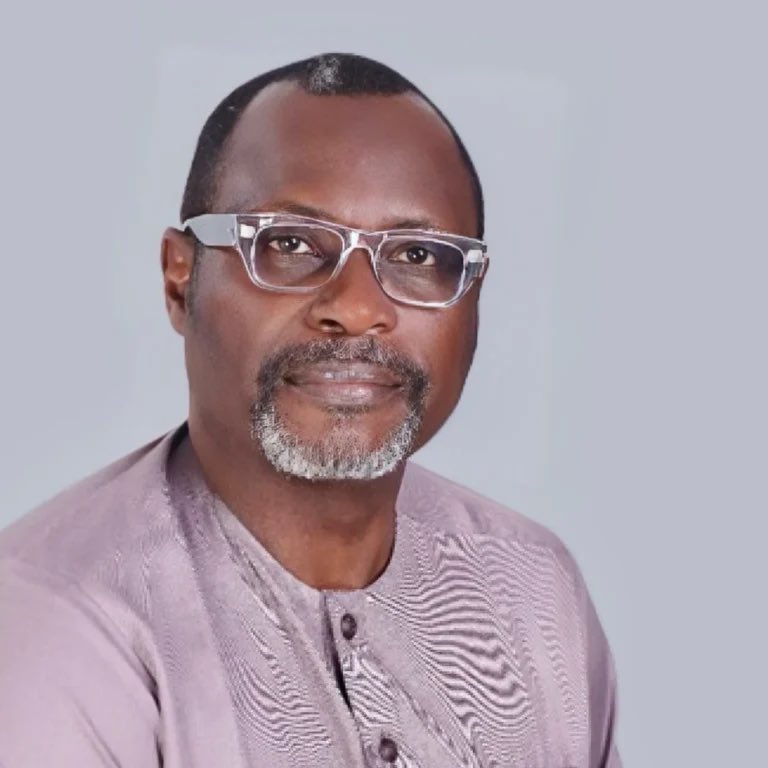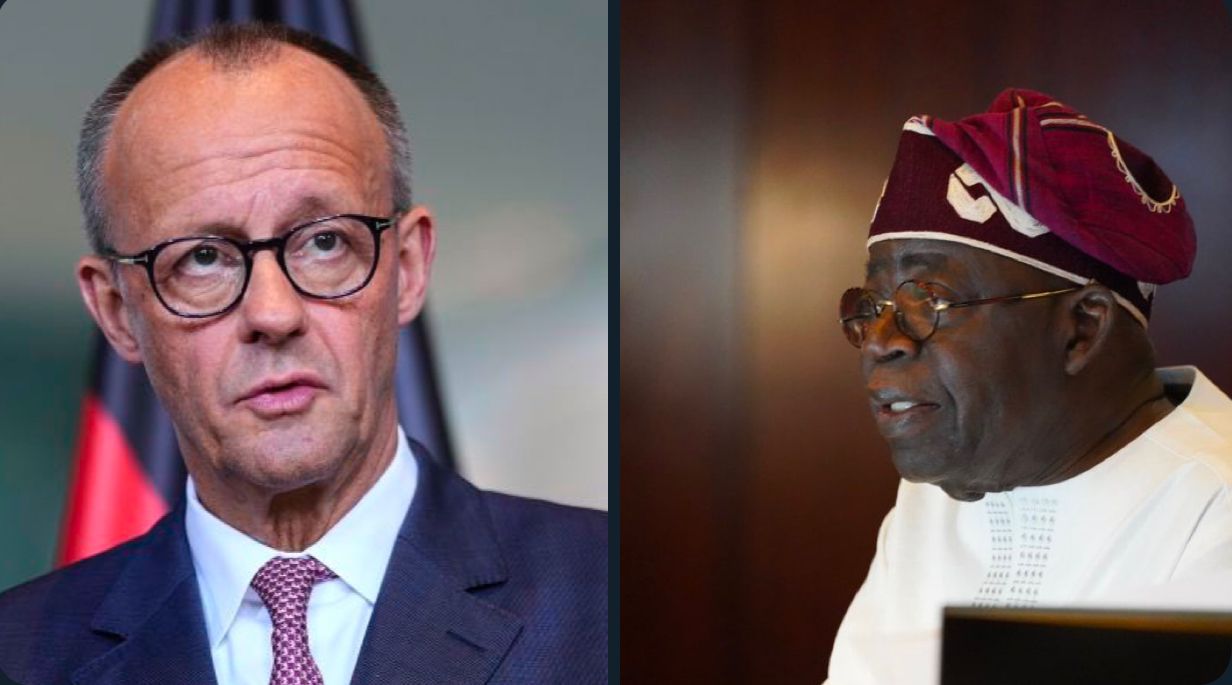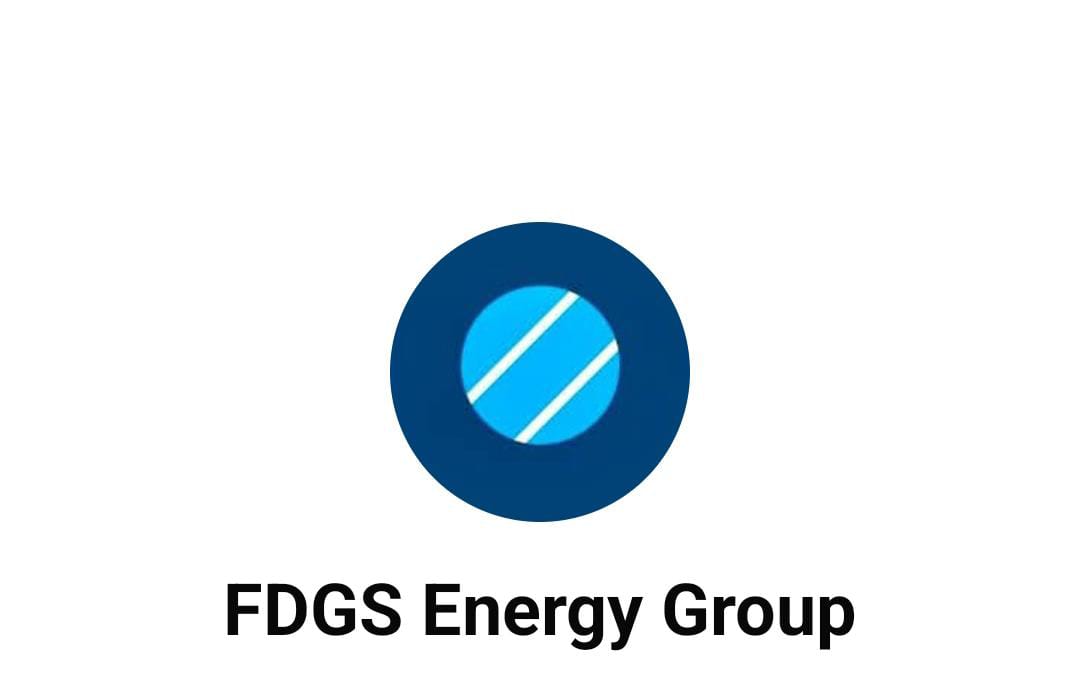Energy tycoon, Kola Karim Calls For Stronger Energy Reforms, Urges Nigeria To Target 5 million bpd By 2030

At the ongoing ninth edition of the Future Investment Initiative (FII) in Riyadh, Saudi Arabia, Mr. Kola Karim, Chairman of Shoreline Group, delivered a powerful reflection on leadership, energy, and Africa’s development future.
Speaking with Arise Business Correspondent, Karim emphasized that Nigeria’s ambition in the oil and gas sector must be bolder, urging the nation to raise its target production to five million barrels per day by 2030, not three million.
Karim, who leads an industrial conglomerate focused on energy and infrastructure investments across Sub-Saharan Africa, described leadership as “the very core of globalization,” stressing that both public and private sectors must share responsibility for societal progress.
“We often assume that leadership should concern itself solely with the public sector,” he said. “In reality, the social contract must be upheld by both public and private sectors, because true leadership is defined by the extent to which one is willing to serve—regardless of the arena.
He explained that the relationship between business and community, what he calls the “social contract”, is essential to peace and progress.
Drawing from his company’s experience, he cited the Niger Delta as a model for how engagement and mutual respect can sustain long-term business operations.
“Our social contract with the communities we engage in is what helps us build and run a successful, safe, secure business,” he noted.
Karim contrasted Saudi Arabia’s remarkable infrastructure transformation with the sluggish pace in Nigeria and much of Africa.
He lauded the Kingdom’s disciplined approach, crediting its progress to long-term planning and consistent execution.
“It’s not that Nigeria and other African nations lack plans,” he said. “The real challenge lies in consistent execution and follow-through. What Saudi Arabia has achieved in recent years is remarkable—you can see visible progress every quarter.”
“It’s not like in Nigeria and African states we don’t have plans,” he said. “The problem is execution and sticking with the plan. What Saudi Arabia has done over the years is phenomenal, you see tangible differences every quarter.”
He underscored that Africa, despite holding over 26% of the world’s natural resources and boasting the youngest population on earth, continues to lag because “we focus more on who, rather than the construct of getting it done.”
Turning to Nigeria’s domestic reforms, Karim commended President Bola Ahmed Tinubu’s administration for introducing an executive order that increased the spending limit for operators in the oil and gas sector from $2 million to $10 million.
“Before now, $2 million wouldn’t even buy a compressor, which is essential to operate in oil and gas,” he explained. “The problem of Nigeria’s oil and gas industry isn’t about reserves—we have 47 billion barrels of oil and 210 trillion cubic feet of gas—it’s about aging infrastructure.”
According to him, the order has already begun to yield results, allowing companies to import and install much-needed equipment, boosting production and drilling activity.
“This production growth is not by accident. The executive order has made it easier for operators to invest and get things done. We’re now at about 1.7 million barrels per day, and with the renewed drilling activity, we’ll surpass the 3 million target.”
But Karim believes Nigeria must be more ambitious.
“For me, the focus shouldn’t be three million. By 2030, Nigeria should target five million barrels per day,” he insisted, comparing Nigeria’s potential to global leaders: “The U.S. is producing 12.5 million barrels and targeting 15; Saudi Arabia is at 11.5. Ten years ago, the UAE was producing what Nigeria was, 2.5 million barrels, but today, they’re at 4.2.”
Karim called for accelerated investment in Nigeria’s gas value chain, emphasizing that the nation’s 210 TCF gas reserves are grossly underutilized.
“We’re only on our seventh LNG train, while countries with smaller reserves are on their fifteenth,” he said. “To grow oil production, we must also grow gas production. They go hand in hand.”
He supported the government’s push for compressed natural gas (CNG) as an alternative fuel but cautioned that logistics and safety infrastructure must be strengthened.
“CNG is gas, you have to transport it safely and dispense it with specialized equipment. Without effective distribution, it won’t yield the intended benefits,” he said.
On the global debate around energy transition and renewables, Karim echoed the sentiments of industrialist Aliko Dangote, asserting that Africa cannot be held to the same standards as advanced economies.
“Africa contributes under 3% of global emissions,” he stated. “It’s unfair to benchmark us at the same level as OECD countries who are already on their fourth industrial revolution. Africa hasn’t had its first.”
He highlighted that Africa’s mix of hydro potential, abundant sunshine, and youthful population positions it well for a balanced, sustainable energy future, if pursued at its own pace.
“It’s not about abandoning oil and gas. It’s about building the infrastructure to transition responsibly. We can’t just stop producing oil and gas—90% of our foreign exchange comes from it,” he argued. “We must develop a strategy at our own pace to support our growth.”
Karim warned that Africa’s youthful demographic, 65% under age 30, represents both a promise and a risk. Without leadership that delivers prosperity, he cautioned, the continent could face instability and mass migration.
“If you have 65% of a continent under 30 and they’re poor, you have a problem—they will search for prosperity elsewhere,” he said. “When I go to the West seeking funds to build power plants, railroads, and schools, I’m helping to save you. Because if Africa fails, the world will feel it.”
Closing on a visionary note, Karim called for a unified yet diverse global order that values humanity over dominance.
“We cannot live in a unipolar world; we must live in a unified world with different ideals, but we must execute for humanity,” he declared. “It doesn’t matter if I’m successful and surrounded by poverty, your wealth has no value if others have nothing. Shared prosperity is the path to peace and stability.”
From energy reform to social leadership, Kola Karim’s insights at FII 2025 echoed one timeless principle: execution, equity, and vision are the real currencies of leadership.












